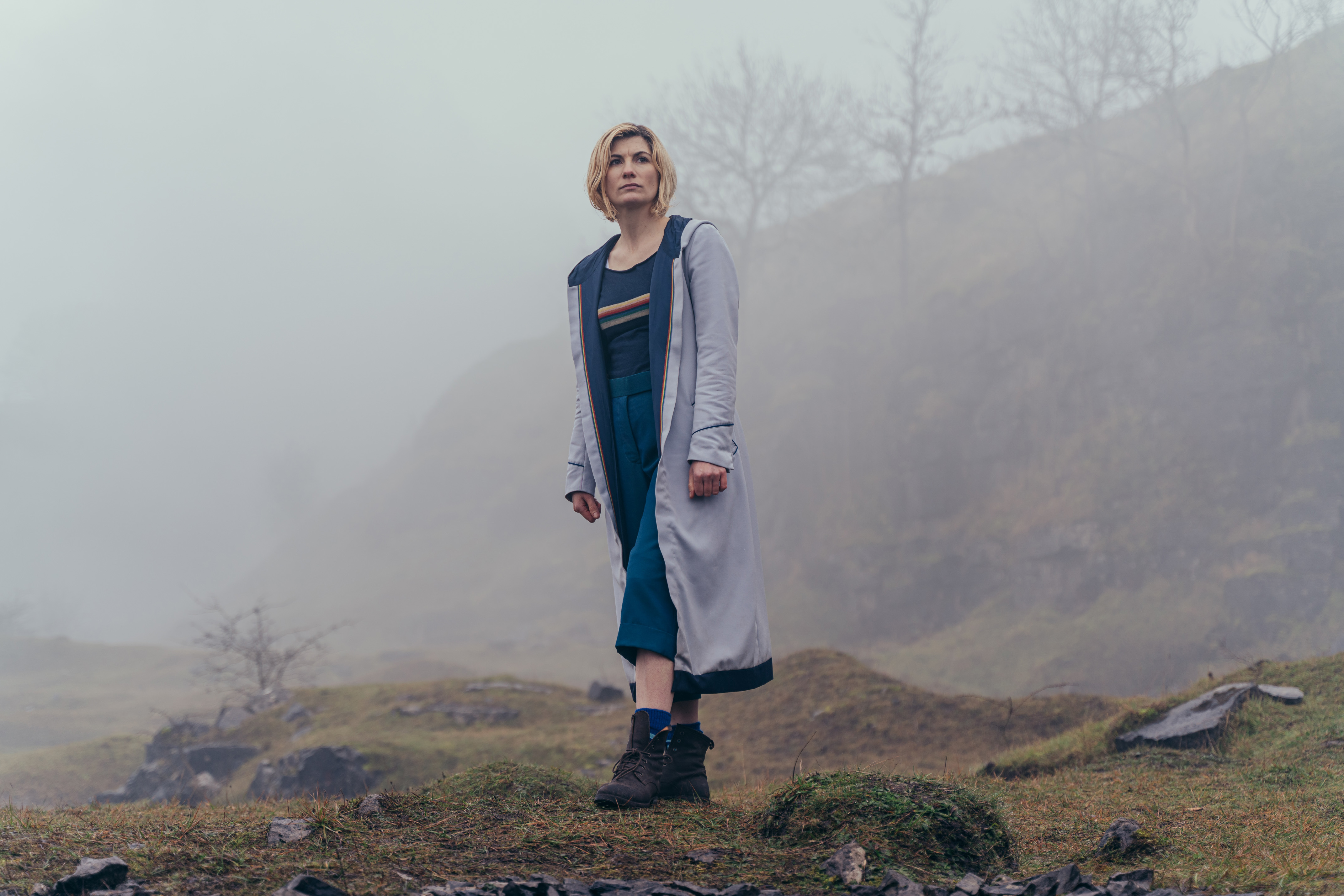

Was it a challenge collaborating with the illustrator of the book, Soofiya, during the pandemic? The podcast TV development meetings promotion and this sort of stuff! I’m getting better at setting boundaries and saying “I need to save this time for writing”. On an ideal day, I’d just be writing, but realistically, there’s always other demands on my time. I prefer to write from an office space I have. I am definitely happiest when working on a novel, but having time off to work on other projects always serves as a good palate cleanser between novels. You’re a very prolific writer and have written audiobooks as well as fiction and non-fiction and journalism– do you have a preference? Watching Jodie Whittaker read lines that I have written is one of about four times I’ve ever cried in my career. Writing for Doctor Who is surreal, and I’m not sure I’ve ever really processed what it would have meant to me as a child. You grew up being a big fan of Doctor Who, what was it like to go on to write a Doctor Who novel and spin-off audiobook? Moreover I had an inkling of what readers might enjoy – I was borrowing a lot of books from the kids in my class. I like to think it added an authenticity to my work. It helped that I was working with young adults. You worked in education at the beginning of your career, how do you think that experience shaped your writing? I wrote for the student newspaper and some sketch comedy at university, but I didn’t set out to write a novel until my late 20s when I was reading a lot of young adult fiction during my teaching years.

As a teenager, I wrote what we’d now call fan fiction – mostly Doctor Who or Buffy. My head has always been full of stories, but I found it hard to commit them to the page. I’ve always written, and I’ve always been obsessed with books.


 0 kommentar(er)
0 kommentar(er)
